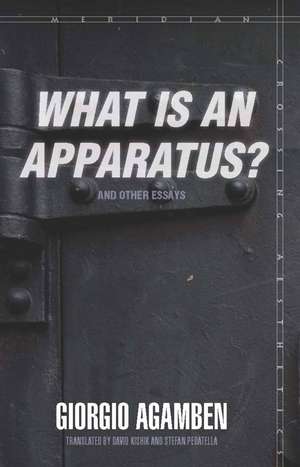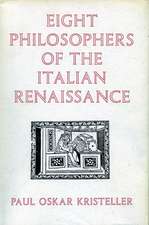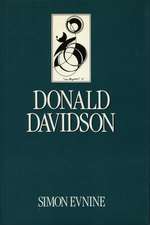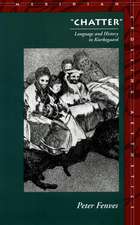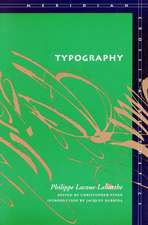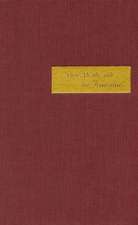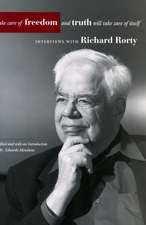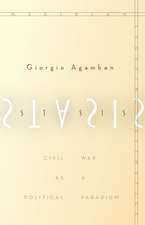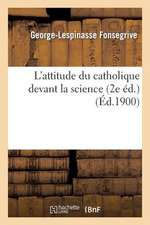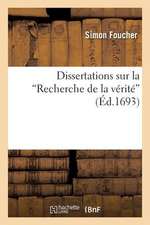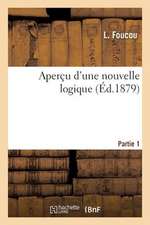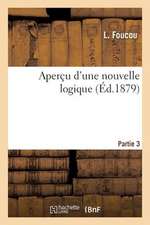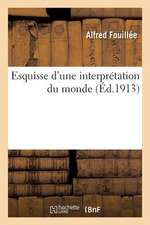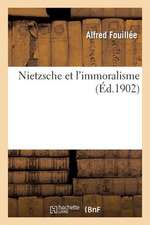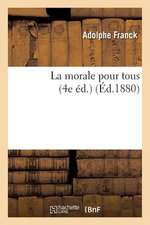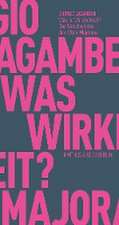"What Is an Apparatus?" and Other Essays: Meridian: Crossing Aesthetics
Autor Giorgio Agamben Traducere de David Kishik, Stefan Pedatellaen Limba Engleză Paperback – 30 apr 2009
The three essays collected in this book offer a succinct introduction to Agamben's recent work through an investigation of Foucault's notion of the apparatus, a meditation on the intimate link of philosophy to friendship, and a reflection on contemporariness, or the singular relation one may have to one's own time.
"Apparatus" (dispositif in French) is at once a most ubiquitous and nebulous concept in Foucault's later thought. In a text bearing the same name ("What is a dispositif?") Deleuze managed to contribute its mystification, but Agamben's leading essay illuminates the notion: "I will call an apparatus," he writes, "literally anything that has in some way the capacity to capture, orient, determine, intercept, model, control, or secure the gestures, behaviors, opinions, or discourses of living beings." Seen from this perspective, Agamben's work, like Foucault's, may be described as the identification and investigation of apparatuses, together with incessant attempts to find new ways to dismantle them.
Though philosophy contains the notion of philos, or friend, in its very name, philosophers tend to be very skeptical about friendship. In his second essay, Agamben tries to dispel this skepticism by showing that at the heart of friendship and philosophy, but also at the core of politics, lies the same experience: the shared sensation of being.
Guided by the question, "What does it mean to be contemporary?" Agamben begins the third essay with a reading of Nietzsche's philosophy and Mandelstam's poetry, proceeding from these to an exploration of such diverse fields as fashion, neurophysiology, messianism and astrophysics.
"Apparatus" (dispositif in French) is at once a most ubiquitous and nebulous concept in Foucault's later thought. In a text bearing the same name ("What is a dispositif?") Deleuze managed to contribute its mystification, but Agamben's leading essay illuminates the notion: "I will call an apparatus," he writes, "literally anything that has in some way the capacity to capture, orient, determine, intercept, model, control, or secure the gestures, behaviors, opinions, or discourses of living beings." Seen from this perspective, Agamben's work, like Foucault's, may be described as the identification and investigation of apparatuses, together with incessant attempts to find new ways to dismantle them.
Though philosophy contains the notion of philos, or friend, in its very name, philosophers tend to be very skeptical about friendship. In his second essay, Agamben tries to dispel this skepticism by showing that at the heart of friendship and philosophy, but also at the core of politics, lies the same experience: the shared sensation of being.
Guided by the question, "What does it mean to be contemporary?" Agamben begins the third essay with a reading of Nietzsche's philosophy and Mandelstam's poetry, proceeding from these to an exploration of such diverse fields as fashion, neurophysiology, messianism and astrophysics.
Din seria Meridian: Crossing Aesthetics
-
 Preț: 78.35 lei
Preț: 78.35 lei -
 Preț: 227.94 lei
Preț: 227.94 lei -
 Preț: 232.81 lei
Preț: 232.81 lei -
 Preț: 226.40 lei
Preț: 226.40 lei -
 Preț: 164.45 lei
Preț: 164.45 lei -
 Preț: 271.73 lei
Preț: 271.73 lei -
 Preț: 249.82 lei
Preț: 249.82 lei -
 Preț: 279.44 lei
Preț: 279.44 lei -
 Preț: 199.10 lei
Preț: 199.10 lei -
 Preț: 258.64 lei
Preț: 258.64 lei -
 Preț: 149.49 lei
Preț: 149.49 lei -
 Preț: 231.67 lei
Preț: 231.67 lei -
 Preț: 142.73 lei
Preț: 142.73 lei -
 Preț: 172.13 lei
Preț: 172.13 lei -
 Preț: 146.40 lei
Preț: 146.40 lei -
 Preț: 139.64 lei
Preț: 139.64 lei -
 Preț: 228.39 lei
Preț: 228.39 lei -
 Preț: 138.82 lei
Preț: 138.82 lei -
 Preț: 227.71 lei
Preț: 227.71 lei -
 Preț: 148.45 lei
Preț: 148.45 lei -
 Preț: 127.27 lei
Preț: 127.27 lei -
 Preț: 224.41 lei
Preț: 224.41 lei -
 Preț: 139.42 lei
Preț: 139.42 lei -
 Preț: 210.00 lei
Preț: 210.00 lei -
 Preț: 202.43 lei
Preț: 202.43 lei -
 Preț: 154.20 lei
Preț: 154.20 lei -
 Preț: 159.75 lei
Preț: 159.75 lei -
 Preț: 224.41 lei
Preț: 224.41 lei -
 Preț: 149.68 lei
Preț: 149.68 lei -
 Preț: 196.44 lei
Preț: 196.44 lei -
 Preț: 210.00 lei
Preț: 210.00 lei -
 Preț: 111.58 lei
Preț: 111.58 lei -
 Preț: 168.96 lei
Preț: 168.96 lei -
 Preț: 250.69 lei
Preț: 250.69 lei -
 Preț: 172.95 lei
Preț: 172.95 lei -
 Preț: 138.60 lei
Preț: 138.60 lei -
 Preț: 147.22 lei
Preț: 147.22 lei -
 Preț: 144.31 lei
Preț: 144.31 lei -
 Preț: 141.28 lei
Preț: 141.28 lei -
 Preț: 216.48 lei
Preț: 216.48 lei -
 Preț: 252.92 lei
Preț: 252.92 lei -
 Preț: 191.39 lei
Preț: 191.39 lei -
 Preț: 227.27 lei
Preț: 227.27 lei -
 Preț: 169.42 lei
Preț: 169.42 lei -
 Preț: 147.85 lei
Preț: 147.85 lei -
 Preț: 204.32 lei
Preț: 204.32 lei -
 Preț: 150.72 lei
Preț: 150.72 lei -
 Preț: 207.82 lei
Preț: 207.82 lei -
 Preț: 162.67 lei
Preț: 162.67 lei
Preț: 120.82 lei
Nou
Puncte Express: 181
Preț estimativ în valută:
23.12€ • 23.99$ • 19.33£
23.12€ • 23.99$ • 19.33£
Carte disponibilă
Livrare economică 24 februarie-10 martie
Livrare express 07-13 februarie pentru 12.80 lei
Preluare comenzi: 021 569.72.76
Specificații
ISBN-13: 9780804762304
ISBN-10: 0804762309
Pagini: 80
Ilustrații: black & white illustrations, frontispiece
Dimensiuni: 114 x 178 x 10 mm
Greutate: 0.07 kg
Editura: Stanford University Press
Colecția Stanford University Press
Seria Meridian: Crossing Aesthetics
ISBN-10: 0804762309
Pagini: 80
Ilustrații: black & white illustrations, frontispiece
Dimensiuni: 114 x 178 x 10 mm
Greutate: 0.07 kg
Editura: Stanford University Press
Colecția Stanford University Press
Seria Meridian: Crossing Aesthetics
Recenzii
"What is remarkable about Agamben's claim is the range of cultural practices that it incorporates . . . A rigorous engagement with these experiential elements, grounded in rigorous historical, technical, and theoretical methods."—Seb Franklin, Popular Culture
Notă biografică
Giorgio Agamben, a leading Italian philosopher and radical political theorist, is Professor of Philosophy at the University of Venice. Stanford University Press has published six of his previous books: Homo Sacer (1998), Potentialities (1999), The Man Without Content (1999), The End of the Poem (1999), The Open (2004), and The Time that Remains (2005).
Descriere
The three essays collected in this book offer a succinct introduction to Agamben's recent work through an investigation of Foucault's notion of apparatus, a meditation on the intimate link of philosophy to friendship, and a reflection on the singular relation with one's own time that we call contemporariness.
